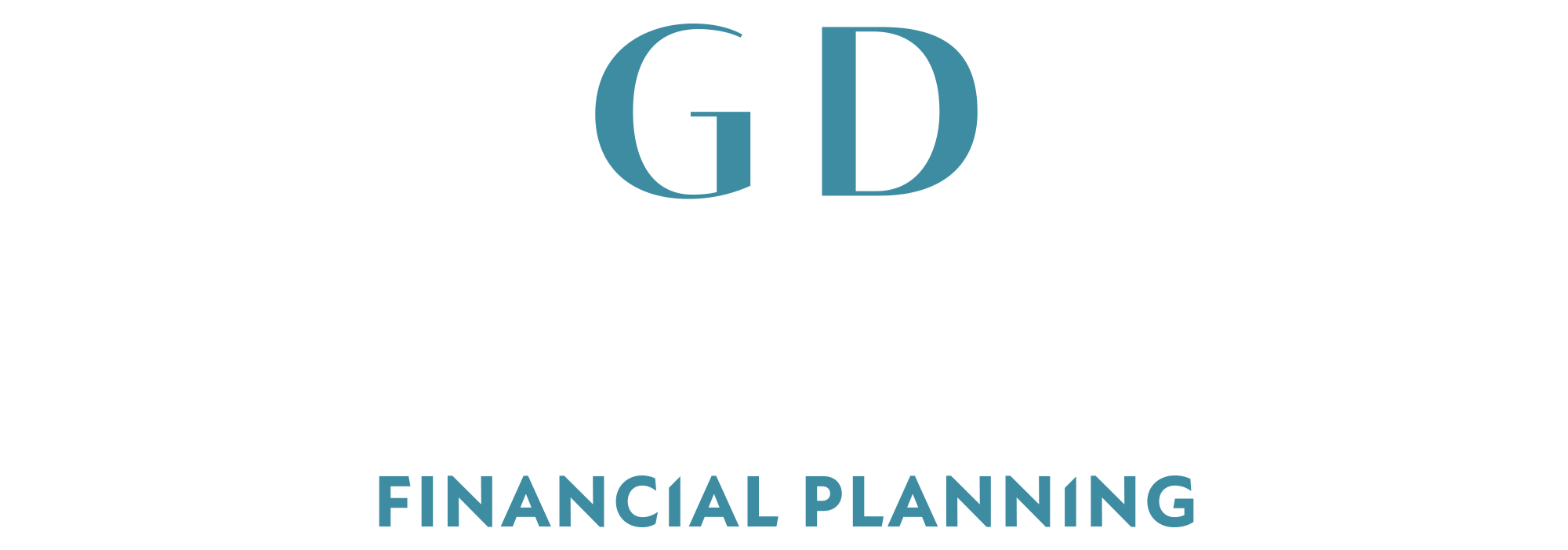Blog
End of Tax Year Planning – Are You Ready?
The end of the financial year (5th April) and the deadline for using some of your tax-free allowances are fast approaching, and now is the perfect time to start thinking about your end-of-year tax planning.
Starting in January gives you plenty of time to review your situations with your financial adviser in order to make the most of your tax-free allowances. Our best tip for tax planning, though, is don’t wait until the last minute to book an appointment with your financial adviser! January to March is a busy time of year, and if you wait until the last minute you may find that there isn’t enough time to enact the changes you need.
If you have any questions regarding personal taxation or any other financial planning generally, please don’t hesitate to get in touch.
Fill up your ISA
In the tax year 2016/17 you can invest up to £15,240 tax-free, split between any combination of Cash or Stocks & Shares ISAs. This allowance increases to £20,000 for the 2017/18 tax year.
Invest for the children
Junior ISAs can accept up to £4,080 per child, each year, with no detriment to the parents’ own tax position. This can be an effective way of limiting your own tax liability at the same time as setting up or building a nest egg for your childrens’ future.
While we’re thinking of the kids, why not invest up to £2,880 into a pension for your child, qualifying them to receive a handy 25% ‘bonus’ (£720) from the taxman? If this was done each year from birth and the fund achieves a steady 5% annual net return, the child would already have a £100,000 pension pot by age 18. By age 65, assuming the same 5% annual return, that £100,000 could grow to a cool £1m – even if nothing more was paid into the plan. Not bad!
Boost your pension
The pension contribution allowance remains at £40,000 this year, which can be augmented by carrying forward unused relief from the previous three years. That means the coming 5th April marks your last chance to carry forward unused pension funding allowance from 2013/14, so make sure you don’t miss out!
Pension contributions can also reverse the Child Benefit Tax Charge, or recover a lost personal allowance if your annual income exceeds £100,000 (effectively saving 60% in Income Tax).
Lastly, don’t forget that pensions offer much more flexibility than they used to. There’s no longer any need to lock into an annuity and the punitive 55% tax charge on undrawn funds is history.
A 25% lump sum is still available, tax-free. One technique we’ve used with great success for small business owners aged 55 and over is to pay across £40,000 from their business profits into a pension.
The contribution should be relieved from Corporation Tax, Income Tax and National Insurance – you can then draw the £10,000 lump sum straight away, leaving the remaining pension pot invested until you eventually retire.
This could be a great way to clear your mortgage… or buy that new car… or anything else a handy tax-free £10,000 could be useful for.
Inheritance Tax rules are changing… for the better!
HMRC are introducing a new ‘Residence Nil Rate Band’ from April, offering an extra £100,000 that will be relieved from Inheritance Tax (IHT), in addition to the standard amount of £325,000 per person.
This extra amount applies where the home is left to children or grandchildren, assuming the net estate is not more than £2m in total (in which case the extra amount will be tapered off).
For a couple, the amount exempt from Inheritance Tax could therefore be 2 x £325,000 plus 2 x £100,000: that’s £850,000 in total.
The expectation is that this threshold will be stepped up to reach £1m by April 2020.
If your estate exceeds the threshold, a gifting strategy could be useful. The annual gift allowance is still £3,000 per person. If you didn’t use some or all of your allowance in the previous year, you can also add that to the current year’s allowance. A couple could therefore potentially give away up to £12,000 now, tax-free, without affecting any other estate planning.
You can also make gifts in contemplation of marriage: £5,000 to a child, £2,500 to grandchildren or £1,000 to any other person.
For more detail, read our Guide to Inheritance Tax.
Look out for LISA!
A new ISA will be launched in April, designed to help first time homebuyers, or provide tax-free capital and/or income for your retirement.
The Lifetime ISA (‘LISA’) can be opened by anyone aged over 18 and under 40.
You can invest up to £4,000 each year, which will attract a government top-up, or bonus, of 25%. So if the full £4,000 is invested, the bonus would be £1,000.
First time buyers can use their LISA toward a deposit on a home worth up to £450,000 anywhere in the UK. Alternatively if you treat your LISA as a retirement plan, after your 60th birthday you can access all of the savings tax-free. The choice is yours!
Find out more in our Guide to Tax Efficient Savings and Investments.
…and finally, plan for next year
Don’t wait until the end of the year to plan – making the most of allowances can be built into a plan from the start of the tax year – especially as some of the allowance amounts are increasing in the next tax year.
From the 6th April 2017, the new annual allowances will be:
| Personal Income Tax Allowance | £11,500 |
| Dividend Allowance | £5,000 |
| Tax-Free Savings Allowance# | £5,000 |
| Personal Savings Allowance (PSA)* | £1,000 |
| Expected Capital Gains Tax Allowance (TBC) | £11,100 |
All these allowances add up to a pretty generous £33,600 per person, meaning there is scope for a couple to receive up to £67,200 totally tax-free in 2017/18.
Notes on tax allowances
# Tax-Free Savings Allowance of up to £5,000 is available where non-savings income (e.g. from pensions and employment etc.) is below £16,500.
* PSA is £1,000 for Basic Rate (20%) income taxpayers. Higher Rate (40%) taxpayers receive a half-allowance of £500; Additional Rate (45%) taxpayers do not qualify for the PSA.
Remember, returns from investments are not guaranteed: capital may fall as well as rise and you may not get back the full amount invested.
This article is for information only, and does not constitute specific advice. We recommend that you speak to a qualified professional before making any decisions.
 By Craig Hilton DipPFS
By Craig Hilton DipPFS
Associate Director
Gibbs Denley
Email Craig
Newsletter
Sign up to have our latest content delivered straight to your email inbox.



 .
. 